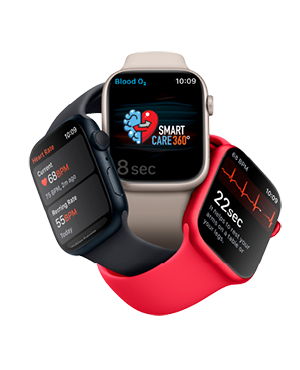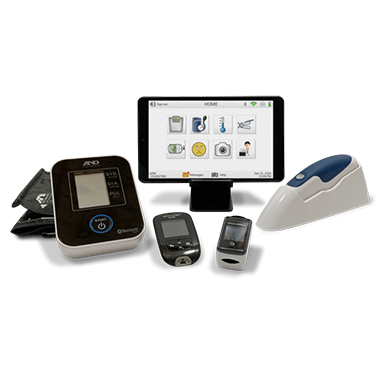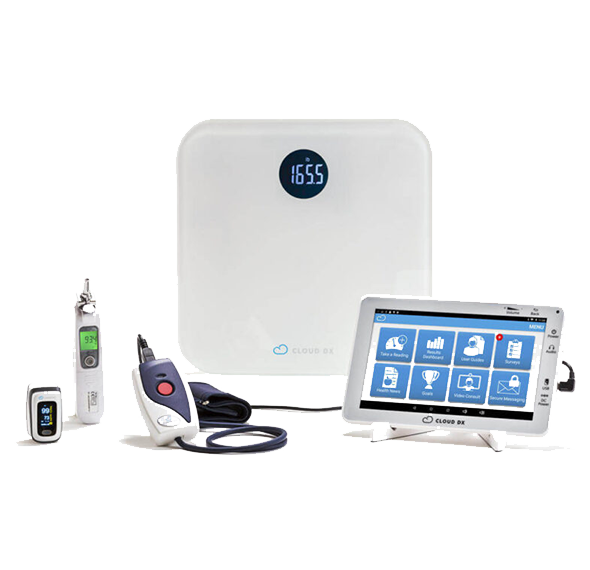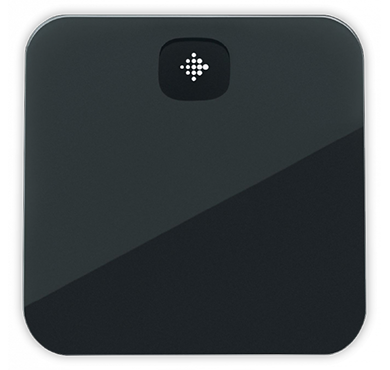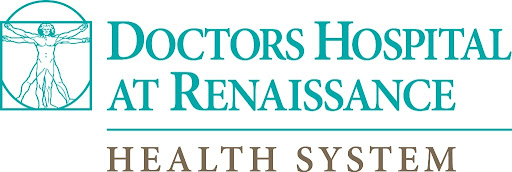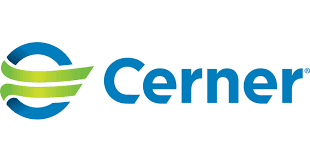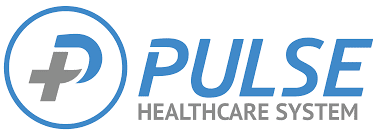Inflammatory Bowel Disease
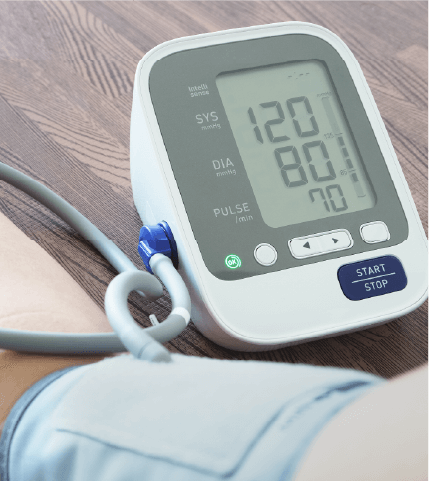
Barriers to Adequate Inflammatory Bowel Disease Management
As a healthcare organization or private practice, there are barriers you will need to overcome in order to successfully help your patients struggling with inflammatory bowel disease (IBD)
Here are the most common ones:
- The traditional care model does not work for patients with IBD, who often require ongoing care between physician visits
- Patients with lifelong IBD (e.g. Crohn’s disease or ulcerative colitis) experience challenging symptoms that impact their day-to-day life, which include rectal bleeding, abdominal pain and diarrhea.
- Lack of evidence-based treatment plans and protocols by the healthcare team.
- Poor follow-through for patient participation and self-management which results in worsening of physical health and increases the need for expensive medical intervention.
- Patients living in remote or rural areas have limited access to medical experts who specialize in IBD.
Solutions to Improve Care Outcomes
- Population Health Risk Scoring and Risk Stratefication
- Disease Specific Care Pathways
- Referral Coordination
- Seemless TeleHealth Video Conferencing
- Health Coaching
- Nutrition
- Exercises
- Wellbeing
- Social Services
Blogs
5201 Memorial Dr. Ste 529
Houston, TX 77007
Department Hours
- Monday-Friday 8:00 - 20:00
- Saturday 09:00 - 14:00
- Sunday Close
Why Smartcare360°?

Expanded Access to Providers
Geographic and socio-economic restrictions are lifted through RPM and leads to better access for patients who live in remote locations.

Cost Effectiveness
The primary advantage of RPM is its cost-effectiveness. As diabetic care seriously impacts patients’ finances, in the long run, it proves to be more reasonable, financially. With SmartCare 360, you can cut costs and see an increase in revenue within two days of implementation.

Follow-ups
Adherence is a crucial component of diabetes management. Regular, timely checkups are vital for diabetic patients. With RPMs, your patients can monitor their blood-sugar levels, plan diets, and get appropriate consultation right from their homes.

Telehealth and Care Management
Incorporating RPM in diabetic care enable better access to care, improved adherence, and better-managed symptoms. It also facilitates lifestyle modifications to improve overall patient health.
With the all-inclusive wellness program created by MRG Health, practices that adopt RPM and CCM can expect to see a boost in their bottom line by $10,000 per month for every 400 patients.
MRG Health’s $0 Implementation Cost Solution for Your Practice or Organization?
Clinically-proven to significantly get patients’ congestive heart failure under control and improve overall health, in a safe and effective manner.
Get the help of smart technology to effectively manage your patients’ care even when your staff’s off-hours. Our RPM, CCM, PCM, and RTM technology is there for your patients wherever they go, whether they are at home, at work or on vacation. Your patients will get the care they need, reducing the stress and burden on your staff.
Value based virtual care services increase profitability for any practice in two ways: Reducing internal staffing costs and increasing overall revenue.
By providing physicians with real-time data, virtual care services can be used to improve care delivery, avoid potential complications, and cut expenses overall.
In addition, physicians who implement these virtual care services can qualify for special grants from the government or other organizations that help to offset the cost of care and bring in revenue for immediate use.
As a result, healthcare practices and organizations who adopt SmartCare 360
virtual care services can expect to see a boost in their bottom line of $10,000 per every 400 patients.
Clinical Research Demonstrates Virtual Care Improves Inflammatory Bowel Disease Outcomes
When it comes to IBD patients, virtual healthcare benefits them in ways the traditional healthcare system alone cannot.. A study conducted on digital technologies has shown that it helps decrease utilization and costs of healthcare services for IBD patients. Telemedicine such as remote patient monitoring (RPM) enables IBD patients to forge a direct connection with their care team from the comfort of their home through methods like text messaging, mobile applications, phone calls, email, video and patient portals. This way they get timely answers to questions and quicker delivery of necessary treatments without facing the travel difficulties created by the condition. Moreover, RPM also offers medical personnel an easier way to identify changes or problems in a patient’s condition by allowing them access to real-time data and health indicators. In addition, virtual healthcare services provide patients with vital education that promotes self-care and evidence-based management for their unique symptoms. Thus, it is no surprise that virtual healthcare is so advantageous when it comes to IBD patients




